Chronos, Kairos and Aion are the three deities of time, events and epic destinies. Here is the multi-religious and multicultural calendar!
Find us on our website Mythology and Legend, on Facebook and on instagram !

The schedule in brief from D-2 to D+5
The complete interactive calendar
Holidays of the month
May 1, 2025 (3 events)
May 1, 2025

On this day, the Romans celebrated Bona Dea. She was a goddess in ancient Roman religion. She was associated with the chastity and fertility of Roman women, healing and protection of the state and people of Rome. Its rites allowed women to use strong wine and blood sacrifice, things otherwise forbidden to them by Roman tradition. #mythology #myth #legend #calendar #romeantique #rome #bonadea #1May #3December
May 1, 2025

Today, Hawaiians celebrate Lei Day. Much more than May Day, this day is an opportunity to honor the culture of the island's natives since 1927. #mythology #myth #legend #calendar #May 1st #LeiDay #Hawai
May 1, 2025

Today, the Ao Nagas of Nagaland celebrate Moatsu Mong. The festival takes place after the fields have been cleared, the weeds have been thrown away and the seeds are sown. People dance and sing, feast and pray. The festive spirits are complete with competitions where the best rice wine is rewarded. #mythology #myth #legend #calendar #May 1 #Nagaland #AoNagas #MoatsuMong
May 2, 2025 (1 event)
May 2, 2025

On this day, the Greeks celebrated Noumenia, the New Moon marking a new month. The Noumenia is the second day of a three-day family festival held every lunar month – the Deipnon of Hekate, then the Noumenia, followed by the Agathos Daimon. #mythology #myth #legend #calendar #noumenia
May 5, 2025 (1 event)
May 5, 2025

Today, the Khiamniungan Nagas of Nagaland begin the Miu festival. Sacred songs and dances allow children to be blessed and the fields to be fertilized for Jhum crops. #mythology #myth #legend #calendar #5May #Nagaland #Miu
May 7, 2025 (1 event)
May 7, 2025
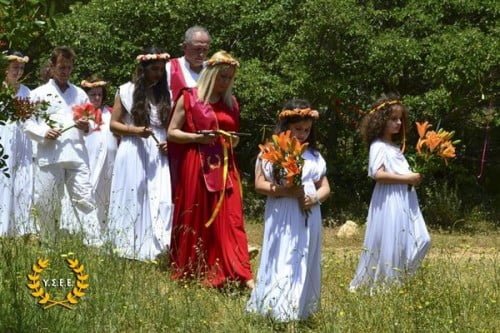
On this day, the Athenians celebrated the Thargelia. The festival included a purification ritual in which two people were made scapegoats, honored, feasted and treated well, and then ritually driven out of the city, taking with them the accumulated impurities or miasma of the city. #mythology #myth #legend #calendar #7May #athens #thargelia
May 9, 2025 (1 event)
May 9, 2025

On this day, the Romans celebrated Lemuria. They paid homage to the dead and exorcised malevolent ghosts from their homes. The rites took place during the night, around midnight. #mythology #myth #legend #calendar #May 9 #May 11 #May 13 #rome #lemuria
May 14, 2025 (1 event)
May 14, 2025

On this day, the Greeks made libations to Apollo. It is associated with beauty, education, athletics, plagues and healing, and especially with divination and the oracle, notably that of Delphi. #mythology #myth #legend #calendar #May 14 #Greece #Apollo
May 15, 2025 (1 event)
May 15, 2025

On this day, the Romans celebrated the Mercuralia. Mercury is the god of merchants and commerce. Merchants sprinkled their heads, their ships, their goods and their businesses with water taken from the well of Porta Capena. #mythology #myth #legend #calendar #rome #May 15 #mercuralia
May 20, 2025 (1 event)
May 20, 2025

On this day, the Greeks of Piraeus celebrated Bendidea to honor the goddess Bendis, a Thracian goddess whose worship was brought to Athens by Thracian immigrants. It was unique in that it was a joint Athenian-Thracian festival and included a torchlight horse race. #calendar #mythology #myth #legend #May 25 #athens #piraeus #bendidea
May 21, 2025 (2 events)
May 21, 2025
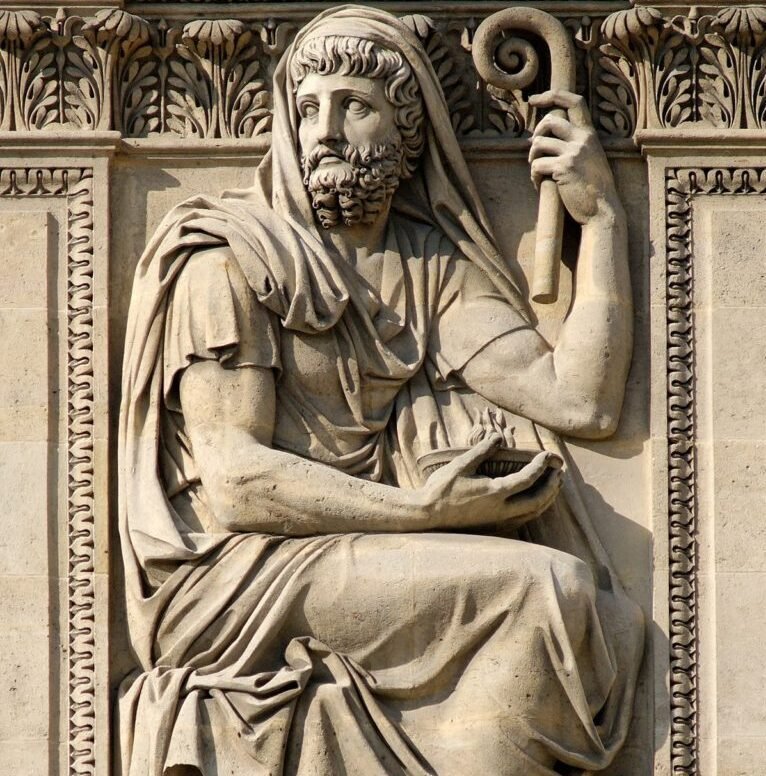
On this day, the Romans celebrate an Agonium. Rites of early Rome, there are few sources describing the customs. Four Agonalia take place during a year. #mythology #myth #legend #calendar #9January #21May #17March #11December #agonalia #rome
May 21, 2025
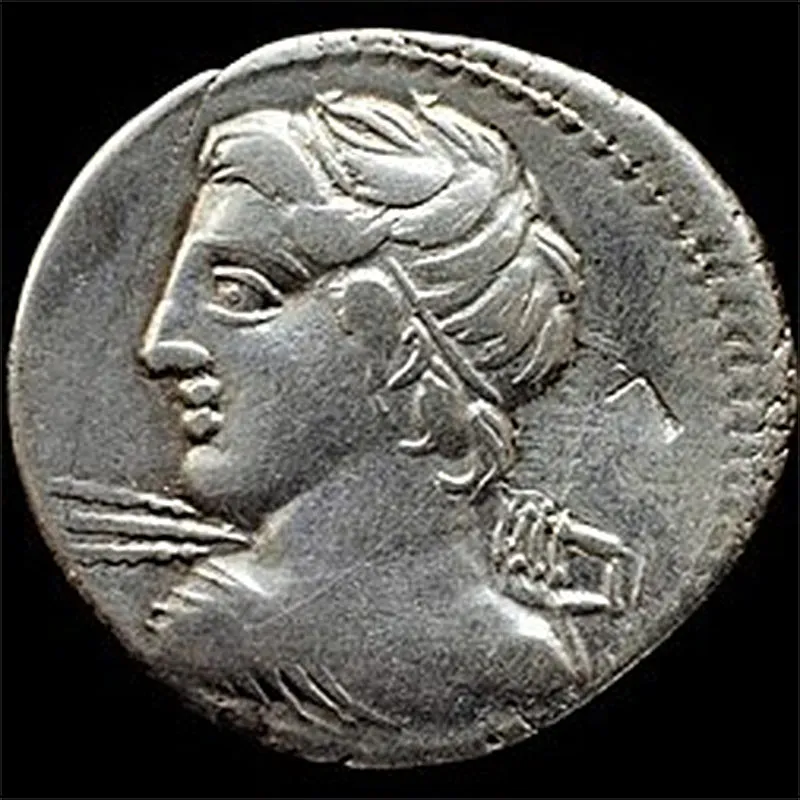
On this day, the Romans celebrated Vejovis, a god of Etruscan origin. A goat was sacrificed in his Capitol temple to prevent epidemics. There are few sources of early Roman ritual. #mythology #myth #legend #calendar #May 21 #Rome #Vejovis #Capitole
May 23, 2025 (1 event)
May 23, 2025
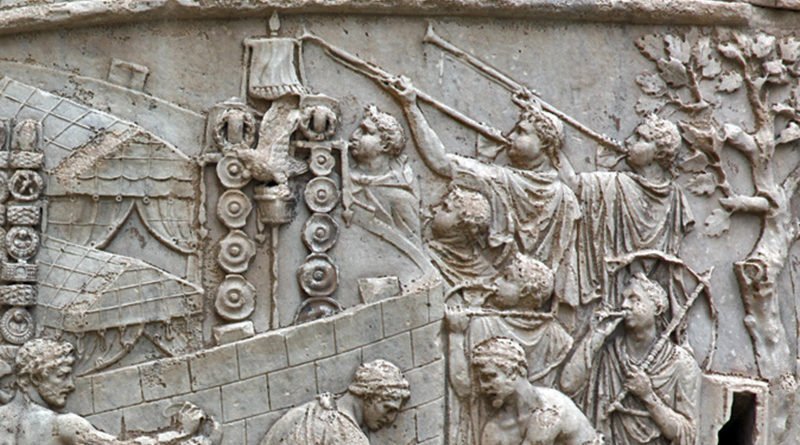
On this day, the Romans celebrate the Tubilustium. The month of March marked the beginning of the war season. The lustration ceremony accompanied by the sacred trumpets and the Saliens prepared the men and the city for future military campaigns. #mythology #myth #legend #calendar #March 23 #May 23 #rome #tubilustrium
May 25, 2025 (1 event)
May 25, 2025
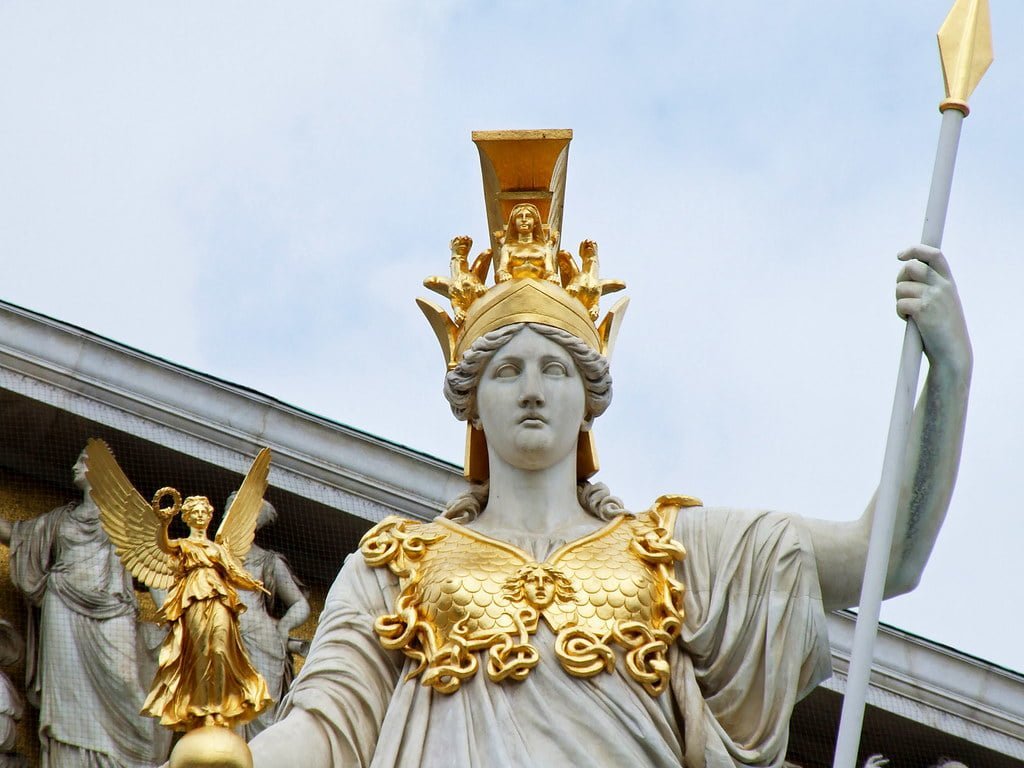
On this day, the Greeks celebrated Kallynteria and Plynteria. The temple of Athena was cleansed, her eternal flame invigorated and her statue restored. This day was considered cursed because the goddess left her temple to clean it. #mythology #myth #legend #calendar #May 25 #24Thargelion #Athena #Kallynteria #Plynteria
May 30, 2025 (1 event)
May 30, 2025

Today the Kadazan-Dusuns of Malaysia celebrate Kaamatan. The Harvest Festival falls under what is known as Momolianism. There is a dance show called Sumazau, a singing contest called Sugandoi, a bodybuilding contest, and other arts and crafts shows. #mythology #myth #legend #calendar #May 30 #Kaamatan #Maya
Multicultural and multi-religious almanac
An almanac is a calendar showing the main dates of the calendar, the religious holidays, bearing ephemerides such as the phases of the moon or the duration of the days (lunar and solar calendars).
A calendar is a system for marking dates according to time. Such a system was invented by men to divide and organize time over long periods. The observation of the periodic phenomena of the environment in which they lived — such as the daily movement of the shadow, the return of the seasons or the lunar cycle — served as the first references for organizing the agricultural, social and religious life of societies.
The calendar used today in most of the world is the Gregorian calendar. In everyday language, an ephemeris designates what happens daily; the ephemeris of the day is the list of the significant events of this day.